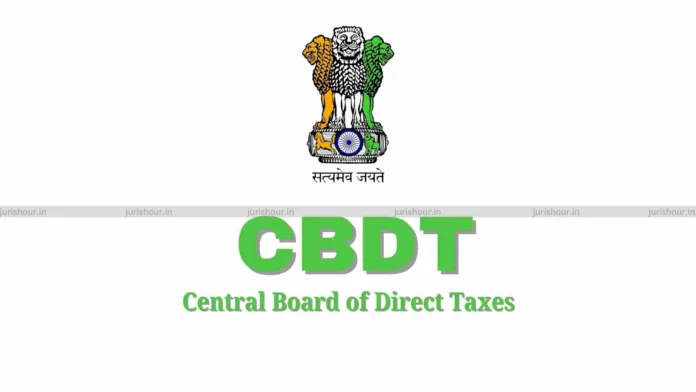The Central Board of Direct Taxes (CBDT) panel pushes for Aadhaar, registries access to track hidden owners and shell firms.
Mumbai: The government is considering empowering tax officials with greater authority to dismantle benami property transactions, a move aimed at curbing the use of proxies and shell structures to conceal real ownership. A panel set up by the Central Board of Direct Taxes (CBDT) has recommended stronger mechanisms to unmask benami dealings, particularly in real estate.
The panel has suggested that officials be granted access to Aadhaar databases, state property registries, and the Ministry of Road Transport’s ‘Parivahan’ database of vehicles and driving licenses. It has also proposed amending the law to allow tax authorities to freeze or confiscate assets if the real beneficiary cannot be traced.
Benamidars and Hidden Ownership
The committee highlighted the rampant use of ‘dummy directors’ in shell companies and the layering of ownership structures to hide real beneficiaries. In many cases, directors do not file tax returns, hold negligible shares, and unsecured loans far exceed the company’s net worth—red flags for benami activities.
Benami deals often involve situations where payments for property purchases are made by one individual, but the title is registered in another’s name. This practice has particularly been spotted among slum dwellers, rural labourers, and tribal communities—whose identities are used to obscure true ownership.
Use of Aadhaar and Financial Data
To tackle this, the panel has called for linking critical information such as PAN, bank accounts, property transactions, and demat accounts with Aadhaar. Access to Aadhaar-linked information would allow investigators to verify real ownership. For instance, if a person has no PAN but owns valuable property, they could be flagged as a benamidar.
A senior official noted, “If there is a privacy concern, access can be restricted to viewing only details of Aadhaar-linked immovable properties and bank accounts.”
Shell Companies Under Scanner
The committee has also focused on shell entities, recommending that:
- States should provide login rights for downloading property documents.
- Suspicious transaction reports flagged by the Financial Intelligence Unit (FIU) be made available to multiple agencies.
- Private vault account holders be profiled as potential benamidars.
- Cryptocurrency transfers be tracked.
Legal experts pointed out that while the proposals are strong, there are concerns of overreach. Ashish Mehta, partner at Khaitan & Co, observed, “Such data, if misaligned with benami law, could trouble taxpayers. Powers must be balanced with safeguards.”
Plugging Loopholes
Ashish Karundia of Karundia & Co stressed that digitisation of land records and integration of data across agencies will be critical. “The proposed steps would address loopholes in interpretation, but clarity is needed to avoid misuse,” he said.
The Prohibition of Benami Property Transactions Act, which provides the legal basis to crack down on such dealings, came into force in November 2016. The new recommendations are seen as an extension to strengthen its enforcement.
Uniform Norms on Benami Additions
The panel also suggested aligning rules under the Income Tax Act with the Benami Law for consistency. Currently, additions made under different provisions, including unexplained cash credits (Section 68), unexplained investments (Section 69), and unexplained money (Section 69A), create ambiguity.
Siddharth Banwat, Associate Partner at DSK Legal, explained, “The I-T Act 2025 may enable uniform disclosure norms for benami transactions to ensure consistency in reporting under I-T law.”
The Road Ahead
The government is expected to study the report before notifying fresh rules. Experts believe that while the move will deter misuse of shell firms and dummy ownerships, adequate checks will be needed to ensure genuine taxpayers are not harassed.
If implemented, the recommendations could reshape India’s crackdown on black money in real estate—bringing benami owners, hidden assets, and shell companies firmly under the taxman’s radar.

